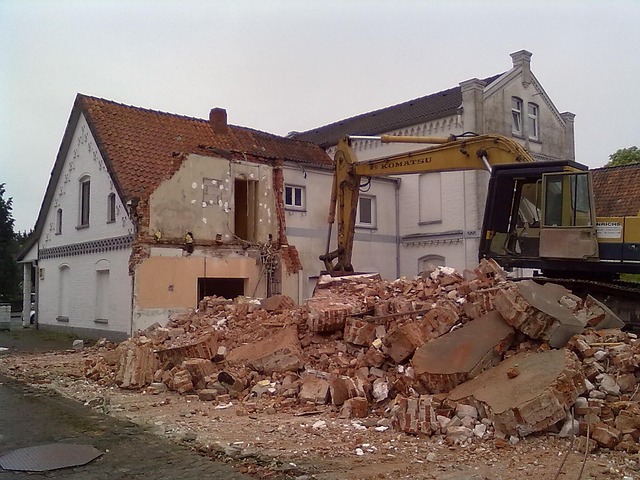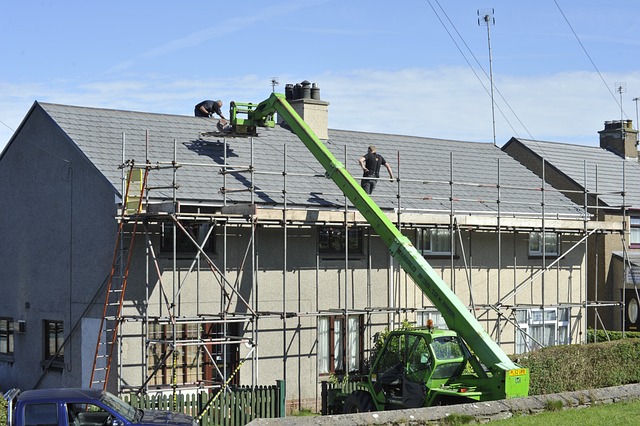Renovations and conversions offer exciting possibilities for those looking to transform a property, but they can also come with hefty price tags. Whether you’re renovating and converting a property to sell it for profit, or you’re making improvements to your home, you have to consider how it will be financed, what return you’re likely to receive, and how you’ll repay any loans you take.
Luckily, residential development loans can bridge the gap between your vision and reality, providing a short-term cash injection to complete a project. However, navigating the world of property development finance can be tricky, especially when tackling specific projects like extensions, loft conversions, or even adding a summerhouse.
Unlike traditional mortgages, home development loans are specifically designed for short-term financing of property improvements. Once the agreement is in place, funds are released in stages, generally as various project milestones are reached, to ensure the project stays on track and risk is minimised for both parties.
In this post, we’re going to explore the considerations you need to keep in mind if this is a route you go down for your next property renovation or conversion.
Types of Property Renovation
First, let’s explore the types of property renovation and conversion that you may be considering a home development loan for:
Internal Renovations
Kitchens & Bathrooms: These are popular projects that improve the quality of life for the occupants and can often offer high returns on investment. Costs can vary greatly depending on the extent of the project, the chosen materials and finishes, and whether any plumbing or electrical work is required.
Internal Rearrangements: Removing walls, adding doors, or modifying layouts can improve the flow and functionality of a home and completely transform the space. However, they may require planning permission and any work must maintain the structural integrity of the property. Some listed buildings, those in conservation areas, or individual apartments as part of a residential complex may require additional permission.
Conversion to Flats: Converting a large property, often a townhouse, into several smaller, self-contained apartments can yield a large return on your investment, but it is a considerable project that will require lots of planning, management, administration and funding.
Extensions & Loft Conversions
Extensions: Adding extra living space can significantly increase property value, but these are often sizable projects that require a large investment. Carefully consider the size, design, and impact on the existing structure. Again, planning permission may be required and you will have to adhere to relevant building regulations.
Loft Conversions: Utilising previously unused space is a cost-effective way to gain valuable square footage, usually for additional bedrooms, bathrooms or offices. Assess the roof structure, insulation requirements, and access needs to comply with fire safety and building regulations.
External Additions
Conservatories: Adding a conservatory is a great way to brighten a home and extend the usable living space. Cost-effective, relatively easy to install and often easy for planning permission, a conservatory can be a good investment for homeowners and developers alike.
Summerhouses & Garages: Since the COVID lockdowns of 2020, summerhouses and garages have become popular additions to a property. They create additional rooms for work, leisure, or storage. Garages in particular will likely need planning permission and can be a sizable investment. However, particularly in urban areas, extra storage and off-street parking can add significant value to a property.
Key Considerations for Development Finance
There are several things you must consider before embarking on a project and securing a property development loan. In many ways, a home improvement or conversion project will be the same as a new build, especially when it comes to property development loans. For example, you will still need to demonstrate a plan for the following:
Project Costs: An accurate estimation of all costs, including materials, labour, professional fees, contingencies, and potential planning permission or building regulation fees.
Funding Amount: How much you will need to complete the project, as well as any contingency funding.
Loan-to-Value Ratio (LTV): Lenders will need to understand the final Gross Development Value (GDV) once the renovation is complete to determine whether it is a safe investment.
Exit Strategy: A key factor in a lender’s decision will be how you plan to repay the loan. This could be through the sale of the property, remortgaging through a traditional lender, buy-to-let income, exit finance, or any other method.
As we’ve said, development finance for home improvement is not fundamentally different to any other development loan. To increase your chances of success in both obtaining the finance and completing the project, the devil is in the details. Thorough financial planning and a clear exit strategy will help the lender evaluate the viability of your project. For more information, find out about our Lending Process.
Here to Help
Property renovations and conversions can be transformative regardless of whether you plan to live there or sell it, but careful planning is crucial for success. At Hunter Finance, we understand the intricacies of property development in the South East. Our team of experienced professionals is committed to providing tailored development finance solutions and expert guidance throughout your project journey.
Contact us today and let us help you turn your renovation dreams into a reality.





